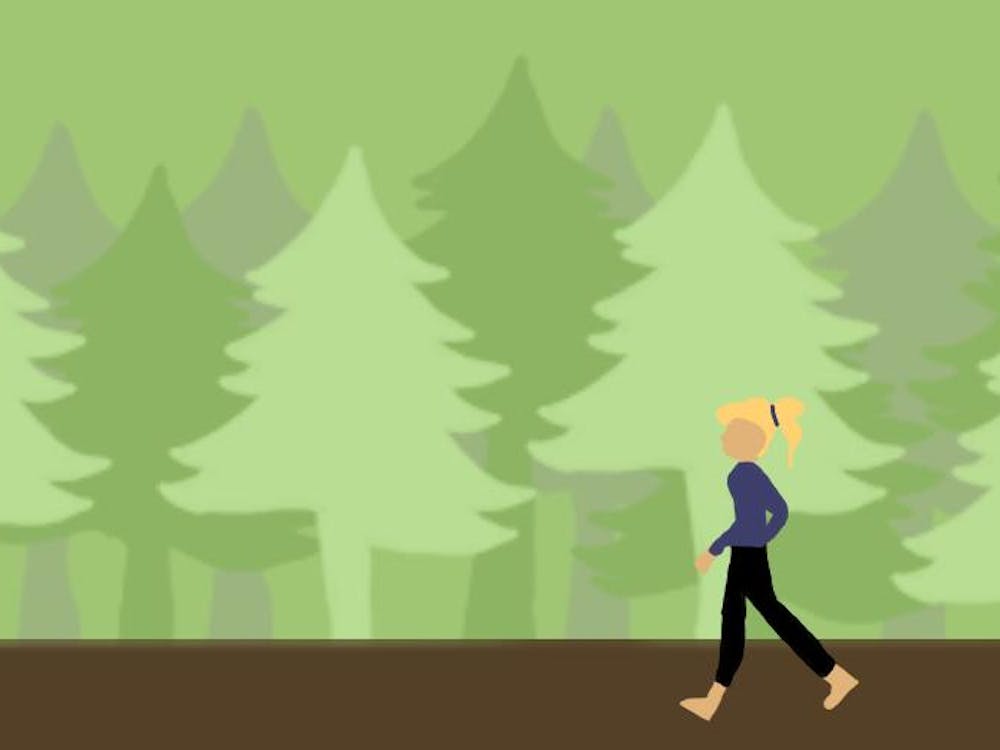 Herbert Finder has visited the University four times in the past 10 years to speak to students in the introductory course "The Holocaust" about his experience as a teenager in the Nazi camp system. After every talk, he asked his son, Jewish Studies Director Gabriel Finder, why these students were taking his class.
Herbert Finder has visited the University four times in the past 10 years to speak to students in the introductory course "The Holocaust" about his experience as a teenager in the Nazi camp system. After every talk, he asked his son, Jewish Studies Director Gabriel Finder, why these students were taking his class.
Gabriel Finder described his father's question as emblematic of the limits of classroom visits from Holocaust survivors, in which guests speak for about an hour and then a few students ask questions.
"The survivors don't really meet the students, [and] the students don't meet the survivors," he said. "Very often students want to know more about the survivors and the survivors want to know more about the students, but because of the... nature of a classroom, that's impossible."
After receiving funding from the Mead Endowment, Finder was able to organize an event which took the interaction between students and survivors outside the classroom.
He used part of his award to purchase copies of "Approaching an Auschwitz Survivor" for his students, and they spent weeks discussing how to interpret survivor testimony and how to make survivors feel comfortable as the students prepared to sit down with them for conversations.
Last Friday morning, students and visitors filed in to the Brody Jewish Center to participate in a program Gabriel Finder called "Meeting Holocaust Survivors." The guests of honor were five Jewish survivors, and they began the event speaking about their diverse experiences during World War II.
Herbert Finder and George Salton survived in Nazi camps, while Ruth Hartz and Nathan Kranowski were both "hidden children" protected by Gentiles in France during the war. Jay Ipson escaped from a ghetto in Eastern Europe before going into hiding.
During the next hour, the audience split into small groups to speak with one of the survivors. In Kranowski's group, student questions ranged from how he discovered what happened to his parents to how he feels when he travels in Europe today.
"Initially I didn't know how it was [going to] play out," said fourth-year College student Emma Siegfried, who spoke with Kranowski. "I was a little nervous about what questions I would ask."
Despite her concerns, Siegfried said she found the experience "moving" and "emotional," and she appreciated the opportunity to speak with someone who was only seven years old when the war ended.
"For [Kranowski] it's more figuring out what his past was, where he came from," she said. "For me that [opened] my eyes to a new perspective, because so often we hear someone that has the memory of how the Holocaust affected them."
Students were able to continue getting to know the survivors by sitting with them during lunch. In the afternoon, graduate student Katya Baumgartner discussed clips from a documentary about Ravensbr






